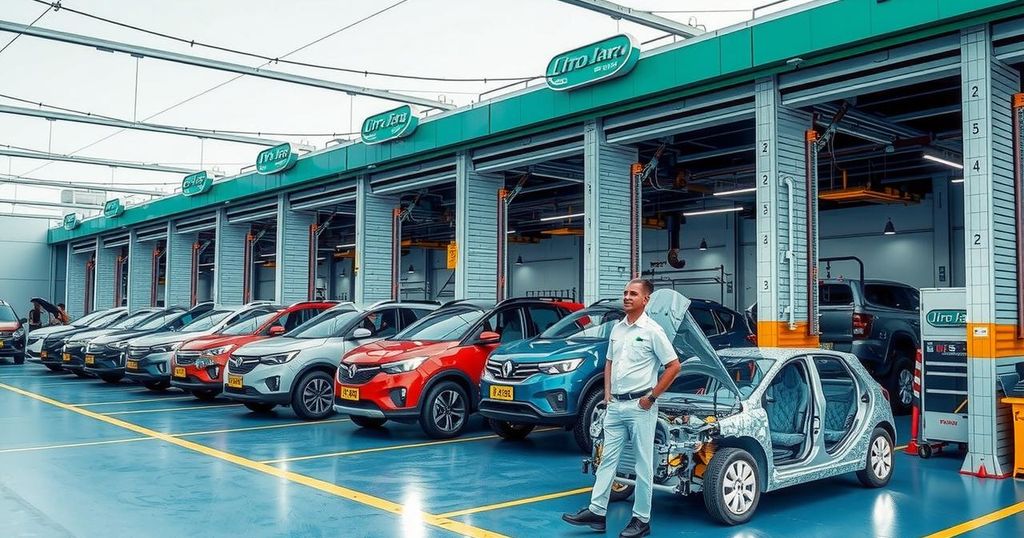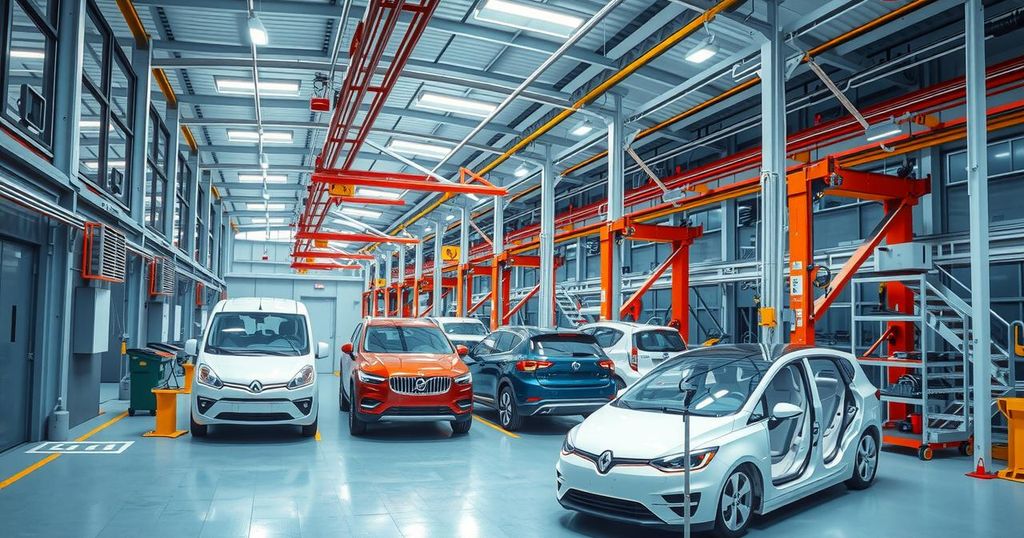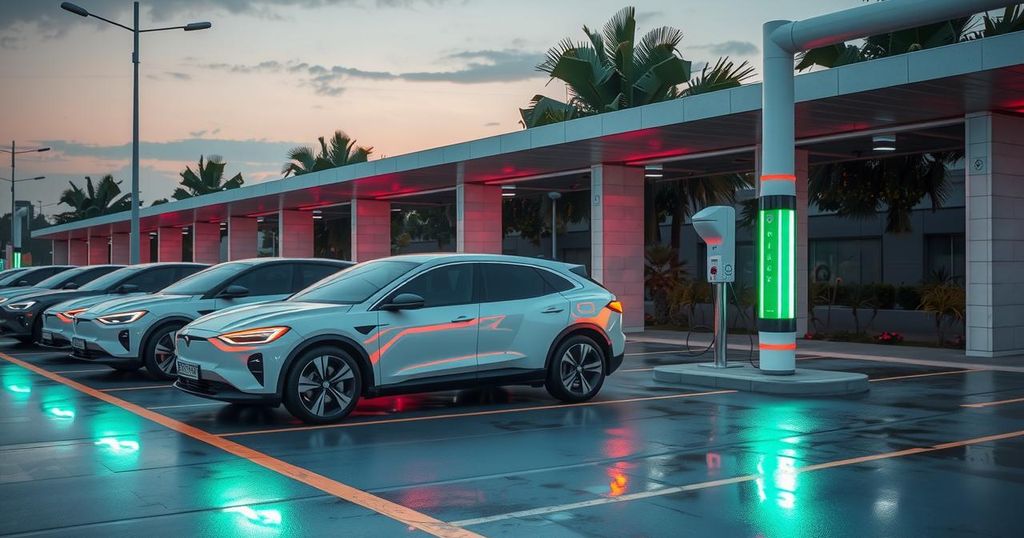Brazil Closes BYD Factory Over Reports of ‘Slavery’ Conditions
Brazil has closed a BYD factory site over allegations of modern slavery due to substandard living conditions for workers, who reportedly lived without mattresses and shared inadequate bathroom facilities. The Public Ministry of Labor disclosed that many workers faced wage withholding and issues with contract terminations, constituting forced labor. In reaction, BYD has relocated the affected employees and committed to reviewing living conditions. The company is also expanding its electric vehicle presence in Brazil, its largest overseas market.
Brazil has decided to close a factory site belonging to the Chinese electric vehicle manufacturer BYD (Build Your Dreams) due to allegations of inhumane working conditions that amounted to modern slavery. This facility was intended to be BYD’s first electric vehicle production site outside of Asia, expected to commence operations by March 2025. Reports indicate that workers, employed by Jinjiang Construction Brazil, experienced deplorable living situations, including sleeping on beds devoid of mattresses in facilities that shared one bathroom among 31 employees, necessitating early wake-up times to prepare for their shifts. Prosecutors noted that the circumstances exhibited a concerning level of “precariousness and degradation.”
According to Brazilian law, “slavery-like conditions” involve not only debt bondage but also situations that undermine human dignity. The Public Ministry of Labor (MPT) indicated that the workers faced conditions amounting to forced labor, as many had their wages withheld and encountered prohibitive costs when attempting to terminate their contracts. In response, BYD has stated that these affected individuals have since been relocated to hotels. The company has acknowledged that it conducted a thorough review of the subcontracted employees’ living and working conditions, repeatedly urging improvements from the contracting firm.
BYD is recognized as one of the largest manufacturers of electric vehicles worldwide, having surpassed Tesla in electric vehicle sales during the last quarter of 2023, amid intense competition in the automotive sector. In its efforts to expand its operations, BYD has established a significant presence in Brazil, its largest international market. Since inaugurating its São Paulo factory in 2015, which produced chassis for electric buses, the company announced an investment of 3 billion reais (approximately 484.2 million USD) last year to enhance its electric vehicle manufacturing capacity in the country. Amidst this growth, the company faces international scrutiny regarding its labor practices, particularly in light of the ongoing tensions related to the Chinese government’s support for domestic automakers, which has led to increasing trade barriers in major markets such as the United States and the European Union.
In conclusion, the closure of the BYD factory site in Brazil highlights serious concerns regarding labor practices in the manufacturing industry. The allegations of inhumane conditions affecting workers showcase the need for greater oversight and adherence to ethical labor standards. As BYD continues to expand its operations in Brazil, it must ensure that its subcontractors comply with labor laws and safeguard the dignity and rights of workers. Additionally, the situation underscores the ongoing global discourse regarding trade practices and the treatment of labor in the electric vehicle sector.
Original Source: www.bbc.com




Post Comment